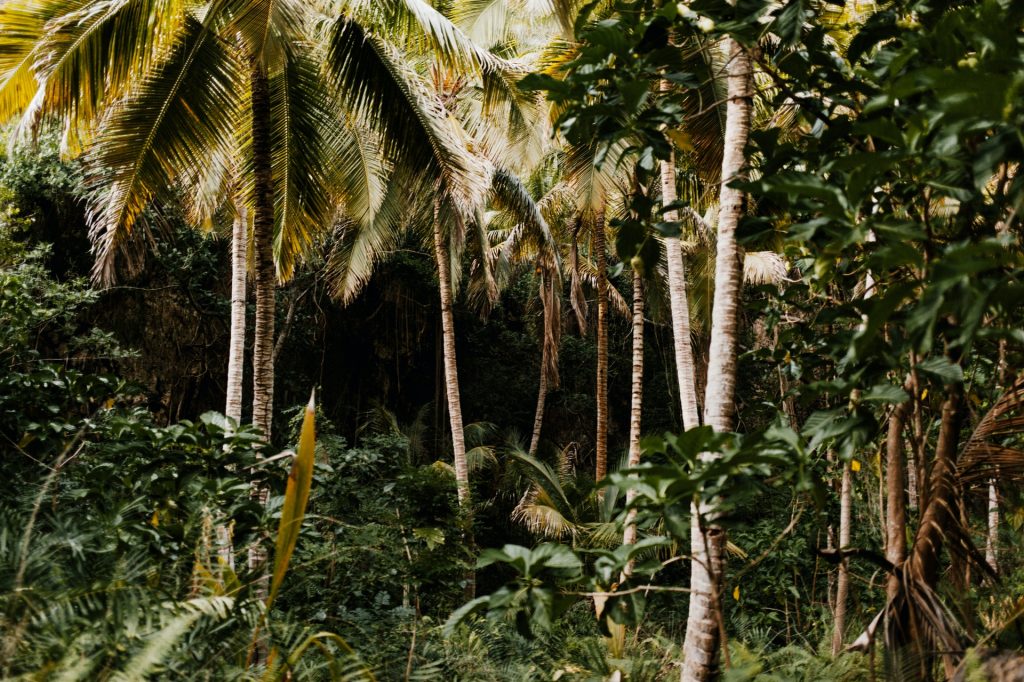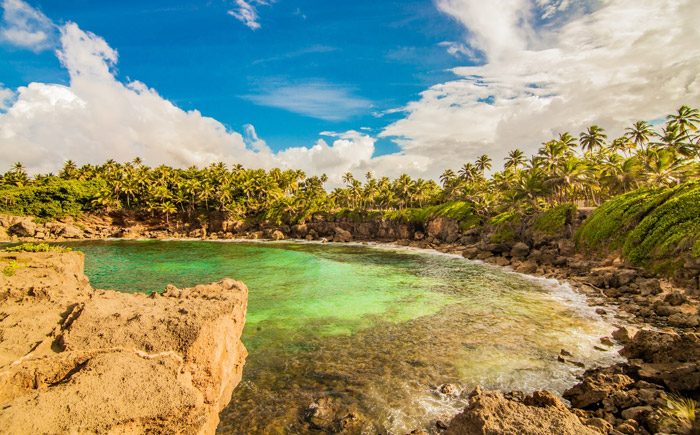GPSA projects
Collaborative Social Accountability for Improved Governance in Protecting Biodiversity Hotspots Project
Country: Caribbean
Sector: Environment
Executing Agency:Instituto Tecnológico de Santo Domingo (INTEC), Integrated Health Outreach (IHO)
Open Society Foundations Parallel Grant: $500,000
Implementation dates: Apr 2021 - Aug 2025


Frame and Challenge
The Caribbean Islands Biodiversity Hotspot is an archipelago of biodiversity-rich tropical islands that comprises 30 nations and territories and stretches across nearly 4 million km2 of ocean, it is one of the world’s greatest centers of biodiversity and endemism. The loss of biodiversity would have negative effects on Caribbean islands’ livelihoods, water supply, food security and resilience to extreme events.
However, the Caribbean region is extremely vulnerable to climate change and natural disasters, and damages from disasters can surpass the annual gross domestic product (GDP) of some nations. In 2020, the region saw 12 hurricanes with economic damages estimated in excess of US$32 bn, according to the Inter-American Development Bank.
Protected area systems are in place. However, most are inadequately managed, and some important areas lack protection. One of the main challenges is the drive for the generation of economic revenue and unregulated development, often with unsustainable environmental practices.
Thus, further investing to prepare for climate change and natural disasters is critical for the region’s resilience. Caribbean civil society has played an important role in biodiversity conservation in the hotspot. Civil society organizations support management through direct conservation actions, and many have championed policy and legislative improvements in the hotspots and have been drivers of change.
Solution
The Instituto Tecnológico de Santo Domingo (INTEC) received a GPSA grant to contribute to improving conservation in biodiversity hotspots located in four Caribbean countries (Dominican Republic and Antigua and Barbuda with adaptive replication in Jamaica and Saint Lucia) through collaborative social accountability mechanisms between governments, citizens and civil society organizations (CSOs). The project employs a threefold approach for achieving its objective:
- First, develop, test, adjust, and iterate sustainable collaborative social accountability mechanisms and processes for protecting biodiversity hotspots
- Second, develop and iterate a capacity development model to increase civil society–government capacities for joint monitoring and problem-solving; and
- Third, produce adaptive learning on the use of collaborative social accountability for biodiversity conservation.
Outcomes
The project began in late 2021 and the formation of local partnerships to form coalitions for collaborative social accountability is underway.
Lessons Learned
More information coming soon.
